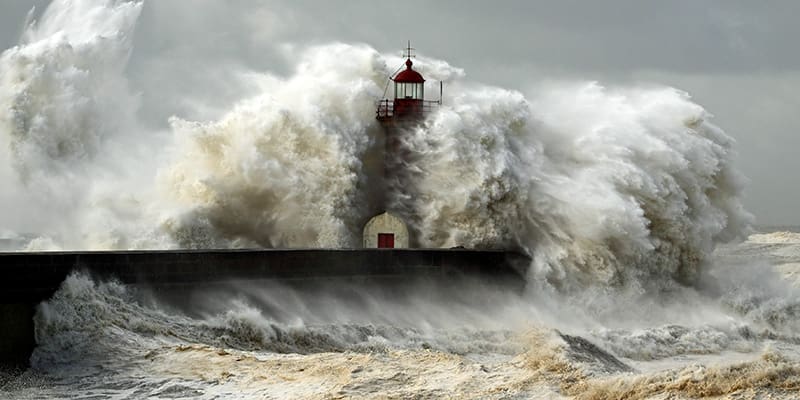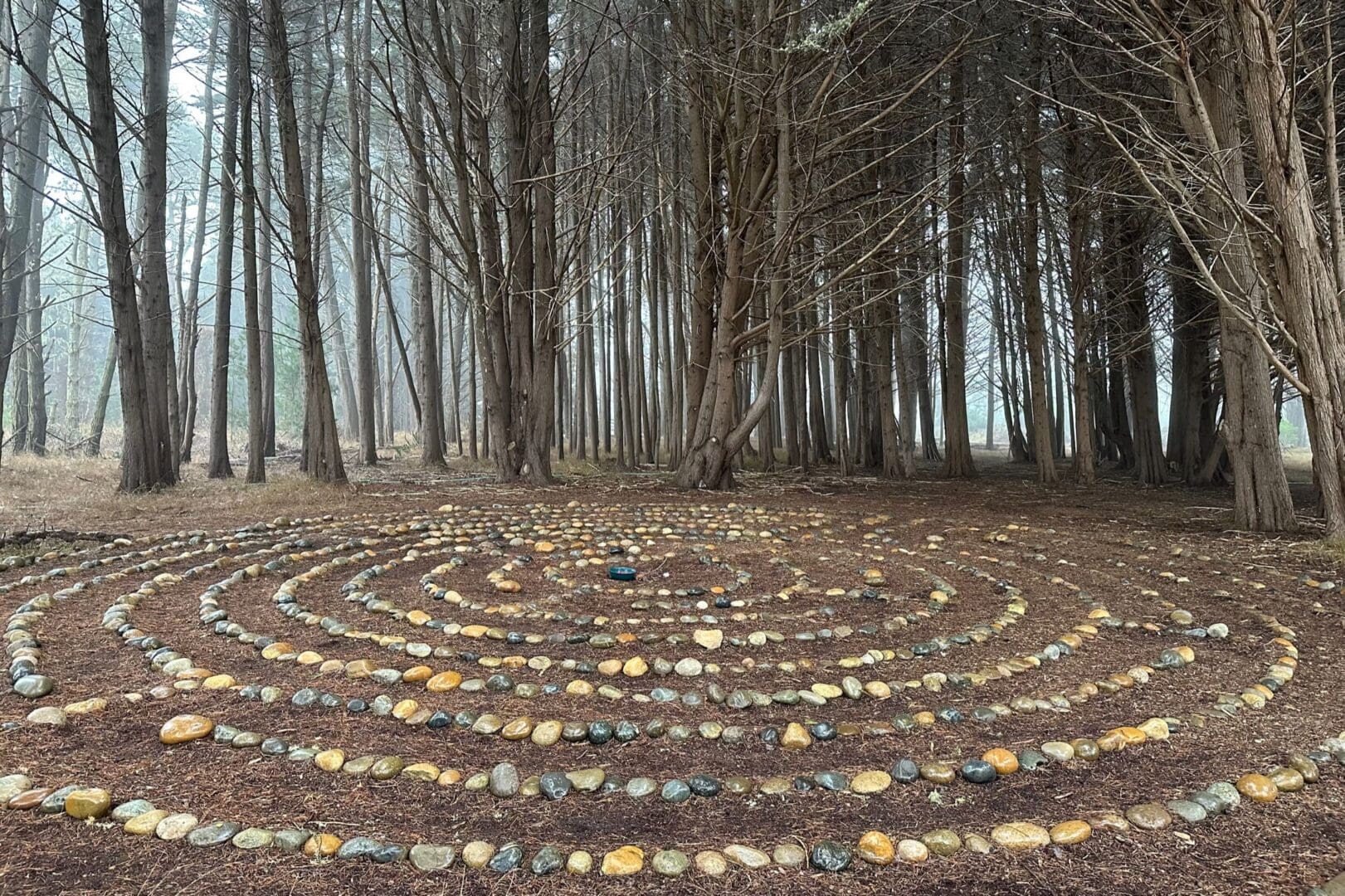Dear Friends:
We live in an intensely dangerous period of time–for ourselves and for the world.
The turbulence continues to accelerate. This is the polycrisis–the quickening interaction of environmental, social, technological and economic stressors–leading to unpredictable future shocks of increasing frequency and intensity.
In the perception of many in the West, the first poster child for the polycrisis was the climate emergency. Then came COVID. Then the Ukraine War. And now dangerous levels of inflation, supply chain breakdown, and both political and financial instability.
In other parts of the world, the perception is different. Many have lived for decades and beyond under polycrisis conditions. “The future is already here,” the sci-fi great William Gibson observes–“it’s just not very evenly distributed.”
****
In the United States, we are acutely aware of the transformation of the Supreme Court. The Court ruled on three emblematic conservative causes–bibles, bullets and babies. They promised to rule on whether states can set their own rules for elections without review by state superior courts.
Republicans have locked in control of 70% of state legislative districts for the coming decade. The mid-terms look promising for them. They also look well positioned for the 2024 presidential contest.
If they take both the Congress and the presidency in the next two years, the shift in direction that dates back 70 years to the Powell Memorandum–a document by a future Supreme Court Justice that laid out a strategy for retaking America for business interests–will have reached a new stage.
Nothing is ever certain in politics. But right now, the balance of U.S. governance for the foreseeable future appears to have a conservative hue.
What that will mean in the United States is, in large part, unknowable. But a few things appear likely. First, states rights, long a bastion for the conservative minority, will become, in progressive states, a bulwark for progressive state policies. Second, the centrifugal forces pulling the country apart will increase unless some greater force–some combination of polycrisis events–reminds us of our need to work together. Third, the divide is not just red state/blue state but has many other strands as well, and the struggle among those multiple agendas will continue to shape the red/blue contest.
A GOP-dominated U.S. government would mean a further rejection of post World War II internationalism. It would further strengthen the emboldened varieties of nationalism on both the right and left around the world. If we look at the BRIC countries alone–Brazil, Russia, India and China–what holds them together is not a commitment to democratic norms but a strong belief that the era of U.S. hegemony and Western domination should not and will not shape the future uncontested.
****
That said, the emblematic decisions the Supreme Court has made on bibles, bullets, and babies do not sit well with majorities of the American people. Nothing is more energizing than the decision on women’s reproductive rights. While many people oppose abortion for religious reasons, a strong majority of Americans believe in a woman’s right to control her own body and destiny.
Likewise, the open carry rule on guns–a gun on every hip–may not sit well with many Americans once they experience how it feels in everyday life. The growing number of rulings chipping away at church-state separation may create a further arena for discontent. And the potential that state courts won’t review state election rules is also deeply troubling for those who cherish democratic norms and values.
So while the Republicans seem to have quite a lock on political institutions, their agenda–as expressed by their representatives and the Supreme Court–are quite far out of the mainstream of American public life. This profound dichotomy will remain with us in the years directly ahead.
****
I do not write these words in any partisan spirit.
Commonweal works best when we remain as transpolitical as possible. Most of our central work is in healing. Hospital emergency rooms don’t check your voter registration. Your doctor doesn’t ask about your politics. Our healing programs are open to all, regardless of political persuasion.
Most of us who work at Commonweal have our own strong political views. While our personal political views remain private in our workplace, we share deeply held values that transcend politics.
For example, we believe in the essential dignity of all people regardless of race, gender, religion, or political views. We believe in protecting the sacred matrix of the earth as the mother of all life. We believe in human rights. We believe in justice.
Many of these values are well expressed in some of the great United Nations consensus documents:
- The U.N. Declaration on Human Rights
- The Earth Charter
- The Convention on the elimination of all forms of descrimination against women
And many more.
The value of these U.N. documents is that they have been constructed with global input. Many are consensus documents. They don’t reflect a single national or even international position. They are transnational expressions of values and commitments beyond politics. Many reflect the values that support our work at Commonweal.
****
Turbulent times create immense opportunities for personal and collective growth and evolution. The Renaissance was an extraordinarily tumultuous period of time. Some of the greatest periods of creativity and transformation have been occasions of suffering and chaos.
At the same time, nothing guarantees that the present turbulence will strengthen the values we hold dear. We could equally move toward deepening oppression, inequality, and a technologically reinforced totalitarianism.
So all the cards on are on the table right now.
Commonweal’s approach is to work for the specific goals we believe in and to welcome support from people across the political spectrum who share those goals and values.
We work in health and healing, education and the arts, and environment and justice. We have an overarching commitment to building resilience for people and the planet in these tumultuous times we call the global polycrisis.
We welcome your engagement with us.
We welcome your thoughts, your suggestions, and your support.
Join us. Support our work on our website.
With gratitude,
Michael



